

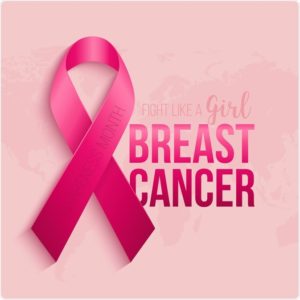 As Ghana joins the rest of the world to mark this year’s Breast Cancer Awareness Month, survivors and patients in the Northern Region say the campaign remains a mirage without a radiotherapy centre in the area.
As Ghana joins the rest of the world to mark this year’s Breast Cancer Awareness Month, survivors and patients in the Northern Region say the campaign remains a mirage without a radiotherapy centre in the area.
The annual campaign observed every October and globally known as “Pink October”, began in 1985 through the American Cancer Society. It has since grown significantly in Ghana especially after the year 2020 when the National Health Insurance Authority intensified awareness and included breast cancer treatment drugs under the National Health Insurance Scheme.
While awareness creation and screening have improved, access to radiotherapy a key post-surgery treatment remains out of reach for thousands of women across the five northern regions.
Concerning scenarios
For many women, the fight against breast cancer goes beyond hospital walls; it becomes a battle for survival.
Alhassan Amina (not her real name), a 42-year-old mother of six from Nabela in the Yendi Municipality, recalls sleeping on hard wooden benches at lorry stations during her trips from Tamale to Kumasi for radiotherapy sessions at the Komfo Anokye Teaching Hospital.
She told the Ghana News Agency that, “I had to borrow money for transport and food. Sometimes, I slept at the station because I couldn’t afford a guesthouse. The therapy sessions drained me financially.”
Amina’s story mirrors that of many women from Northern Ghana, who endure long journeys, poverty, and language barriers just to access treatment available only in Accra and Kumasi.
Rising burden of breast cancer
According to the Global Cancer Observatory (GLOBOCAN), breast cancer is the commonest cancer among Ghanaian women with 4,645 new cases recorded in the year 2020 representing about 20.4% of all cancers that year.
At the Tamale Teaching Hospital (TTH), between 2012 and 2021, 1,913 breast-related cases were recorded, of which 722 (37.7%) were malignant tumours, a worrying trend particularly among younger women.
A 2022 JAMA Network Open study estimated that about 70% of breast cancer patients required radiotherapy, yet only 23% in Ghana received it.
Currently, only Korle Bu Teaching Hospital, Komfo Anokye Teaching Hospital, and a few private centres in Accra offer radiotherapy. For patients in the Northern, North East, Savannah, Upper East and Upper West Regions, this means travelling about 400 and 600 kilometres for several treatment sessions.
Care gap and expert concerns
Dr Abdul-Rashid Timtooni Iddrisu, Head, Oncology Unit, Tamale Teaching Hospital, told the GNA that the absence of a radiotherapy unit in northern Ghana remained a major challenge for breast cancer survivors increasing the risk of recurrence after treatment.
He said: “Radiotherapy is not optional. It’s a standard part of breast cancer treatment after surgery. But because we don’t have a machine here, many of our patients either never go or start late, which reduces their survival chances.”
He explained that the lack of a radiotherapy centre affected not only breast cancer care but also treatment for other cancers including cervical cancer.
He said: “The only two available radiotherapy centres are concentrated in the South, and even those are overstretched. It becomes a bigger problem when survivors in northern Ghana have to compete for limited space at the few available centres.”
Dr Iddrisu acknowledged that establishing a radiotherapy centre is expensive requiring strong political will and commitment.
He, therefore, called on the government and development partners to prioritise public–private partnerships to make this dream a reality.
He also emphasised the need for early reporting of suspected breast cancer cases to minimise complications.
He said: “We record at least 20 to 25 cases a month. Most of them come at stage three or four when the disease is advanced, and at that stage, radiotherapy becomes necessary. Yet it’s not available in northern Ghana.”
In October 2023, the Ministry of Health inaugurated a Cancer Treatment Centre at the Tamale Teaching Hospital expanding diagnostic and chemotherapy services. However, the centre still lacks a functional radiotherapy machine and trained personnel to operate such a unit.
CSOs call for action
Beyond the hospital corridors, civil society organisations are also adding their voices to the growing demand for decentralised cancer care.
Hajia Alima Sagito-Saeed, the Executive Director of the Savannah Women Integrated Development Agency, said establishing a radiotherapy centre in the north would not only improve health outcomes but also reduce the financial burden on poor and vulnerable women.
She emphasised need for decentralisation of cancer services saying a radiotherapy unit in Tamale would serve millions across northern Ghana, decongest southern hospitals, and save countless lives.
Mrs. Gifty Safo-Annan, an Oncology Nurse Specialist at Tamale Teaching Hospital and Chief Executive Officer of Care for Humanity International said beyond installing machines, the government must invest in staff training, reliable power supply, and maintenance systems to ensure sustainability.
She noted that although the Ghana National Cancer Control Strategy recognised those service gaps, progress had been slow even as rising breast cancer cases threatened Ghana’s commitment to Sustainable Development Goal 3 (Good Health and Well-being).
The way forward
To bridge the care gap and save more lives, the following actions are crucial: the Government, through the Ministry of Health and the Ghana Health Service, should fast-track plans to install and operationalise a radiotherapy machine at the Tamale Teaching Hospital to serve the five regions in the north.
The government should prioritise the training of more oncologists, radiologists, physicists, and radiotherapy technicians while building local maintenance capacity to ensure consistent service delivery.
It should also encourage partnerships with private investors, and international health organisations to mobilise resources for equipment procurement, maintenance, and operational support.
There is also the need to intensify community-level education on early detection, screening, and timely referral of suspected cancer cases to reduce late-stage presentations.
Conclusion
Until a radiotherapy machine is installed and operational in Tamale, the long and painful journeys to the south will remain a heartbreaking part of breast cancer care; one that too many women may never complete.
For now, northern Ghana’s breast cancer survivors will continue to wait and hope that lifesaving care will one day be closer to home.
By Solomon Gumah
Source: GNA
The post Breast cancer treatment: Northern Ghana in dire need of radiotherapy centre appeared first on Ghana Business News.
Read Full Story


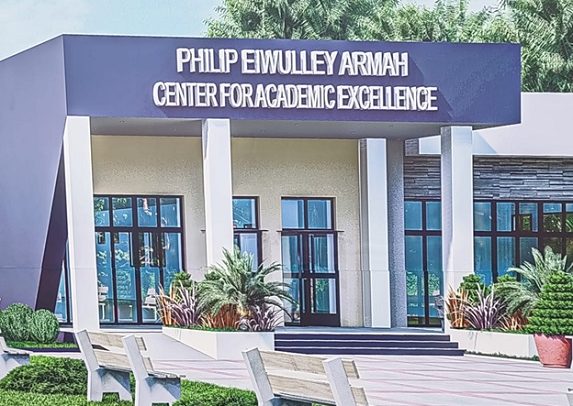
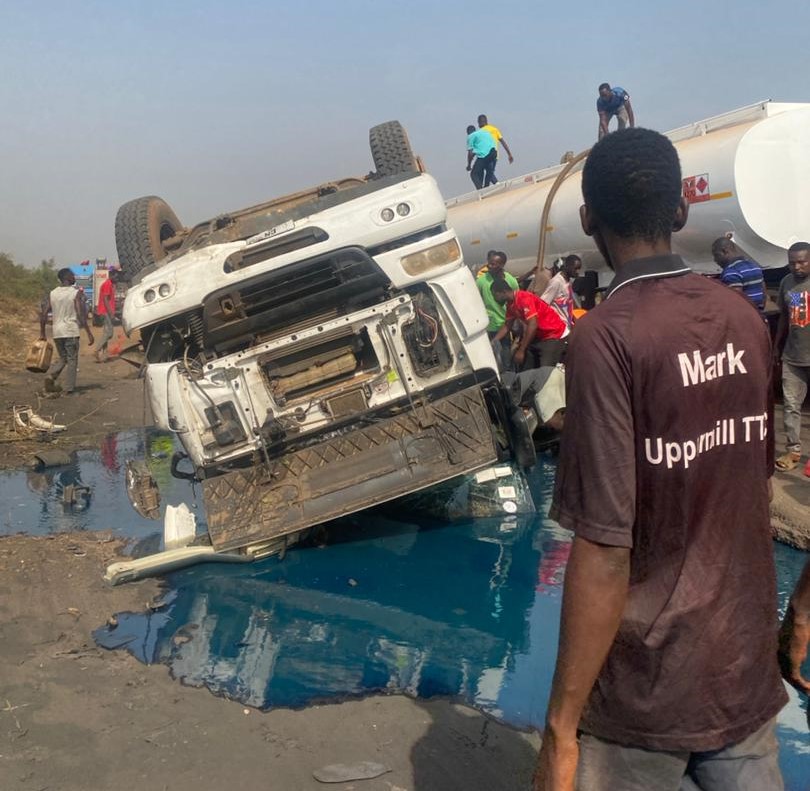





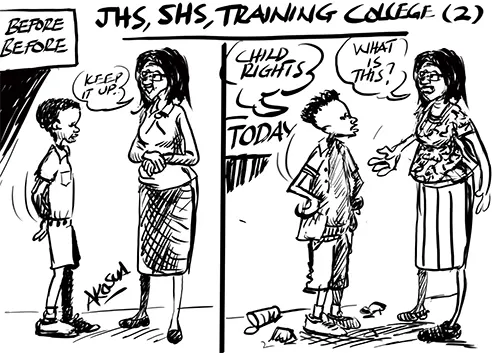



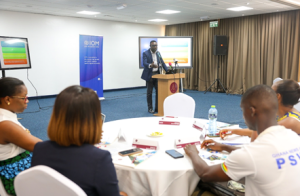
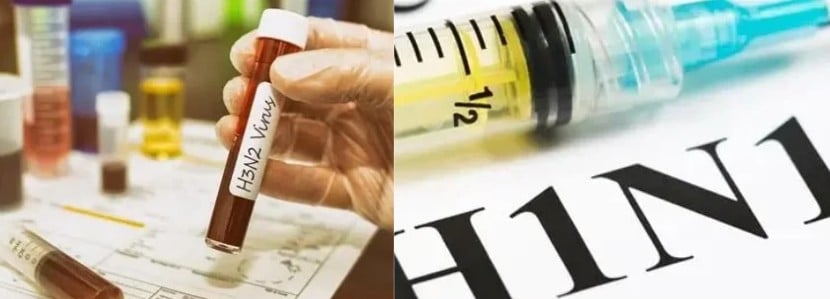




Facebook
Twitter
Pinterest
Instagram
Google+
YouTube
LinkedIn
RSS